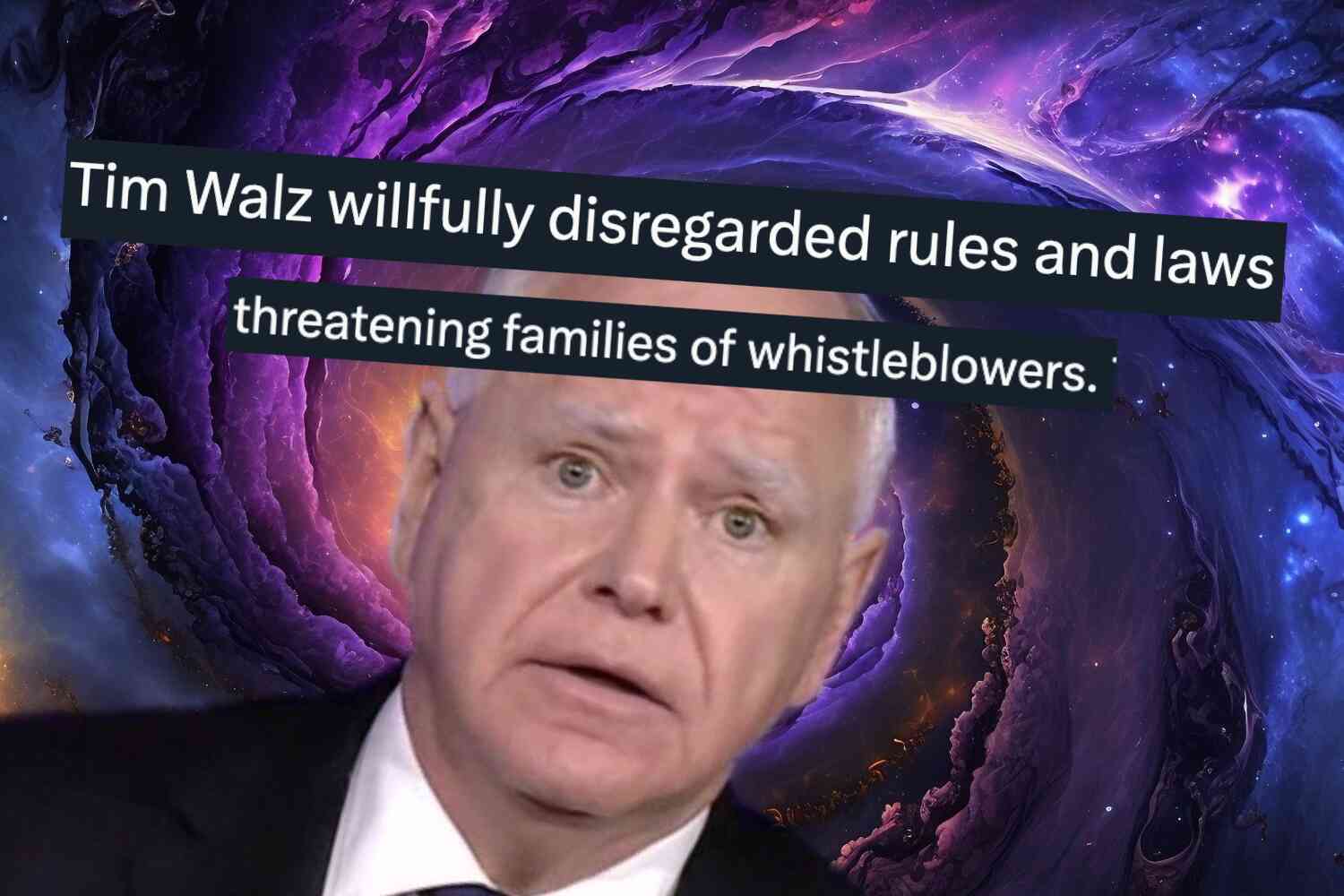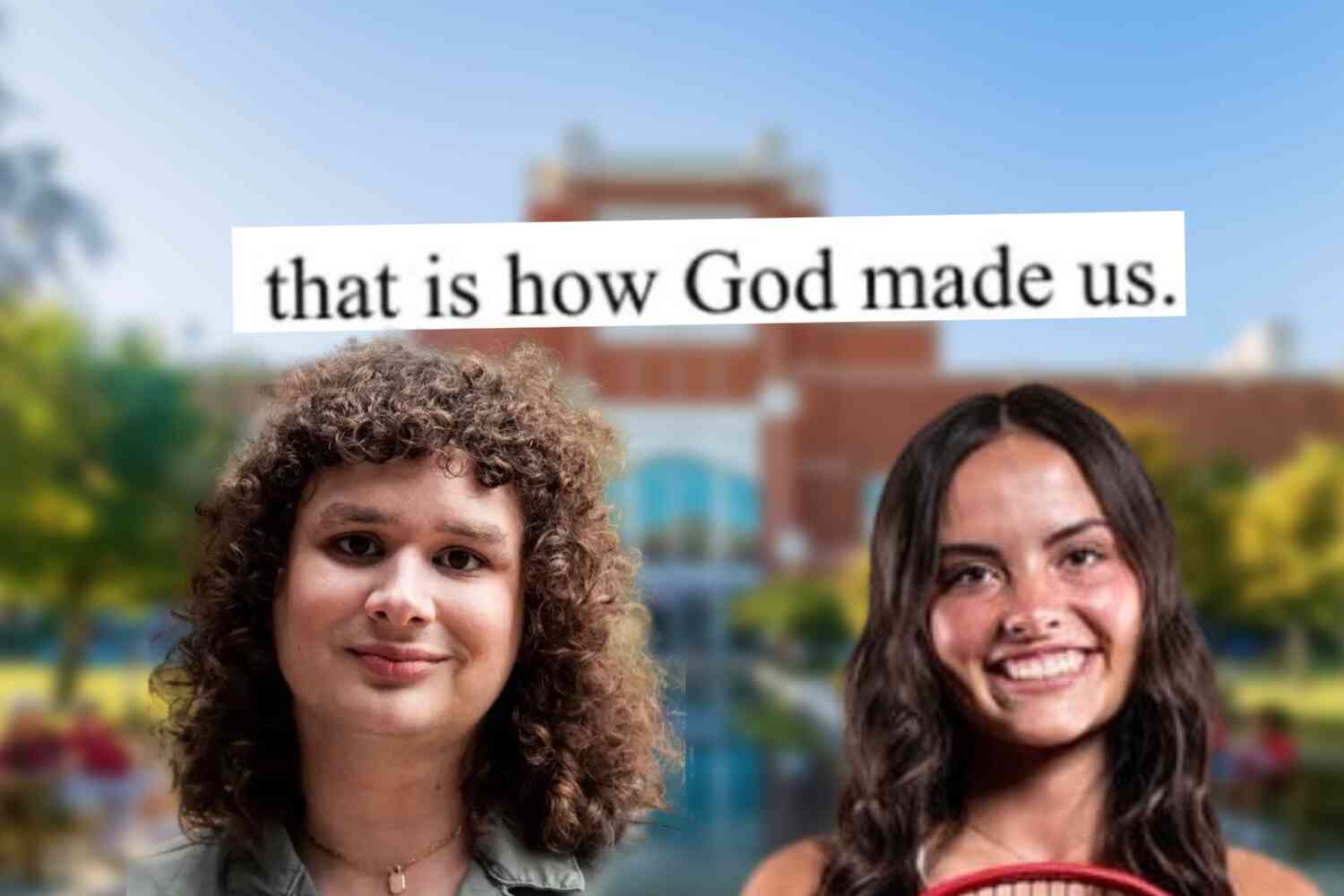Traditionalist, conservative, even fundamentalist Christians rally to platform and promote the work of avowed atheist James Lindsay.
Left-wing, statist, even socialist progressives eagerly endorse and encourage the proliferation of articles by professing evangelical Christian David French.
It's all more evidence to support a thesis I keep hearing discussed: that our current political and cultural environment, post-COVID and post-Obama/Trump, is triggering interest realignment and forging new alliances. And while I don't see the emergence of any new parties in our immediate future, I can't help but admit it's a bizarre feeling to find myself openly agreeing with the sage counsel of caustic commentator Bill Maher, and celebrating the wisdom of crass comedian Jon Stewart.
But when the latter says things I wholeheartedly affirm, like this, I think it's important to acknowledge it:
Railing against the dissemination of so-called "misinformation" has become its own cottage industry these days. Notoriously biased news entities have developed entire divisions to war against it, concerned Christians have found it a new spiritual imperative to act as the discernment police for society, fact-checking organizations have transformed their operations from exposing lies from the campaign trail into mini-replicas of the Central Intelligence Agency, all in an effort to help us fight the scourge of being "misinformed."
And I understand both the impulse and the lure of self-proclaimed honest people wanting to reclaim the public dialogue from the liars and conspiracy theorists.
But there's always been a nagging question in the back of my mind as I've watched this movement swell: what if these honest people aren't honest?
What if they have political agendas themselves and are seeking to establish a false sense of credibility by proclaiming their opposition to deception, all while manipulating information themselves? And even if it isn't intentionally surreptitious, we all have biases. So without the check of open, public dialogue where all competing views can be heard and weighed against reality, how do we trust what these information gatekeepers are feeding us?
That's why the impulse to end misinformation via censorship is not only antithetical to distinctly Western ideas like free expression and uninhibited speech, it's also the playground for tyrants.
Don't get me wrong, I am firmly in agreement that there are bad ideas out there that are corrosive and corrupting, even dangerous and deadly. As a Christian, I take it a step further and add that there are ideas out there – plenty of them, in fact – that are literally damning.
The new book from Dr. Christena Cleveland, "God is a Black Woman," includes this heretical teaching:
"Christ is the cosmic figure who exists in all spaces and time…Jesus wasn't the only manifestation of Christ, nor was he Christ's only visit to Earth…Christophanies [occur] throughout the Judeo-Christian, Hindu, and Muslim Scriptures [and] in Indigenous spiritual narratives."
That is not only questionable scholarship, it's a lie that if believed will lead people away from trusting the reliability of Scripture alone as God's revealed word to man.
Ditto that for the self-contradictory and mindless word salad that is Ibram X. Kendi's neo-racist work, "How to be an Anti-Racist." His deceptive theories have spawned countless other false teachers like writer Jo Luehmann, who spouts gibberish like this:
I obviously think everyone would be better off not believing any of those things, and would argue that each meets the criteria of what our culture loosely defines as "misinformation." But I would also argue against silencing those voices, or preventing them from espousing their deceptive ideas.
I oppose that censorship not just because I don't trust any fallible human or group of fallible humans to wield that power responsibly, fairly, or even accurately, though that's certainly part of it. I also oppose it because as counterintuitive as it may seem, the emergence of bad, repulsive ideas is so often a springboard to a palate-cleansing proliferation of better ideas that change people.
Years ago, I became aware of the controversy surrounding a Northwestern University professor named Arthur Butts who wrote a book called "The Hoax of the 20th Century." His thesis was that the Holocaust was a Jewish fabrication – the very definition of dangerous, evil misinformation if there's ever been one. I would contend that the controversy led to more people being aware, informed, and well-versed in their knowledge of the Holocaust than would have occurred otherwise.
The natural and effective push back of wiser, better speech was a greater blessing to society than censorship would have been. Or take this testimony from former Westboro "Baptist Church" family cult member Megan Phelps Roper:
I agree. Let's battle what we believe to be "misinformation" with what we believe is the appropriate information, persuade them, and trust the truth to set us…and keep us…free.
P.S. Now check out our latest video 👇
Disclaimer: The opinions expressed in this article are those of the author and do not necessarily reflect the opinions of Not the Bee or any of its affiliates.









